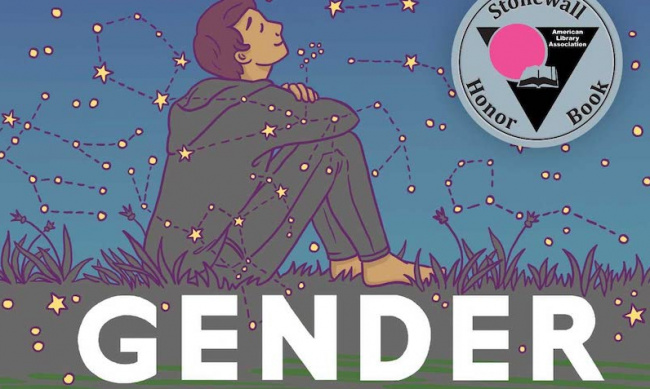
The judge in the Virginia Gender Queer obscenity case (see “Virginia Beach Politician Files Petition to Ban Sales of ‘Gender Queer’”) has asked the attorneys involved to present their arguments as to who exactly the parties should be to the case, and she suggested that the arguments be presented on July 13.
This is an important issue for retailers, because according to a motion filed by the ACLU in the case, if the court decides that the book is obscene, then selling or distributing it anywhere in the state would be a crime. Retailers could be prosecuted for selling the book without being officially informed that it is obscene. In addition, retailers outside of Virginia Beach could be prosecuted for selling a book that was only determined to be obscene in one county. For an individual, the first offense would be a misdemeanor and a subsequent offense would be a felony. The owner of a business would be liable for an additional fine of up to $10,000.
This determination is just the first step in a complicated case that is of great consequence to creators, publishers, distributors and retailers.
Background
The Gender Queer case is not a lawsuit but a process to determine whether the book is obscene. According to American Booksellers for Free Expression, no book has been banned for obscenity since the 1960s (see “Booksellers Condemn ‘Gender Queer’ Court Decision”). However, Virginia law allows any citizen of a city or county to initiate a proceeding in their local circuit court to have a book declared obscene.
That’s what Tommy Altman did on April 28. Altman, who at the time was a candidate for Congress from Virginia Beach, filed a petition asking the court to declare Gender Queer “obscene for distribution to minors” and to issue a restraining order “against distribution, sale, rent or loan to minors.” Altman also filed a similar petition regarding the prose novel A Court of Mist and Fury, by Sarah J. Maas. The authors and publishers were notified, as was Barnes & Noble (which was mentioned in the petition) and have filed their initial responses. The Comic Book Legal Defense Fund (CBLDF) is representing Kobabe, and Interim Director Jeff Trexler is handling the case together with a Virginia attorney, L. Steven Emmert.
“This is why we are here,” Trexler told ICv2. “I took this case because I sincerely 100% believe that this is not an obscene book. There’s no question in my mind.”
In addition, the ACLU, which is representing a group of local bookstores, as well as library and free speech organizations, has filed a motion to dismiss the case.
What Comes Next
The next step is to set up a hearing to make a final determination as to whether or not the book is obscene. All the active judges of the Virginia Beach Circuit Court recused themselves from the case, so it is being heard by retired Judge Pamela Baskervill.
Before the hearing can be scheduled, Baskervill told the attorneys in the case that she wants two issues resolved. Trexler and Emmert’s response to the case alleges that the petition did not name all the necessary parties, and that is what Baskervill is asking the attorneys to discuss on July 13. “How is the Court to determine all other persons interested in the sale or commercial distribution?” she asked in a June 27 letter to the attorneys in the case. “The Court considers this to be a threshold issue and would like to hear from counsel on this point.”
Virginia statute spells out the criteria for determining that a book is obscene. The judge must consider whether the book as a whole has artistic, literary, or other value, what the intent was of the author and the publisher, and “the degree of public acceptance, of the book, or books of similar character, within the county or city in which the proceeding is brought,” among other factors. In her letter, Judge Baskervill said that she also wanted to discuss how the latter standard will be applied.
Another issue, not mentioned in Baskervill’s letter, is that Virginia law has no separate category of “obscene for distribution to minors.” The obscenity determination does not distinguish between adults and juveniles. There is a statute spelling out what items cannot be provided to juveniles, but it does not mention a court’s determination that an item is obscene. Barnes & Noble pointed this out in its motion to dismiss the case, and Trexler and Emmert mention it as well in their response.
While the media has focused on the wave of challenges to books in schools and libraries, Trexler says that retailers have faced prosecution for decades; this is one of the reasons the CBLDF was founded in the first place. “This is not the first time,” he said. “It’s just the latest time. There have been cases where people were criminally prosecuted. Retailers are still on the front lines here.”
Source: ICv2

